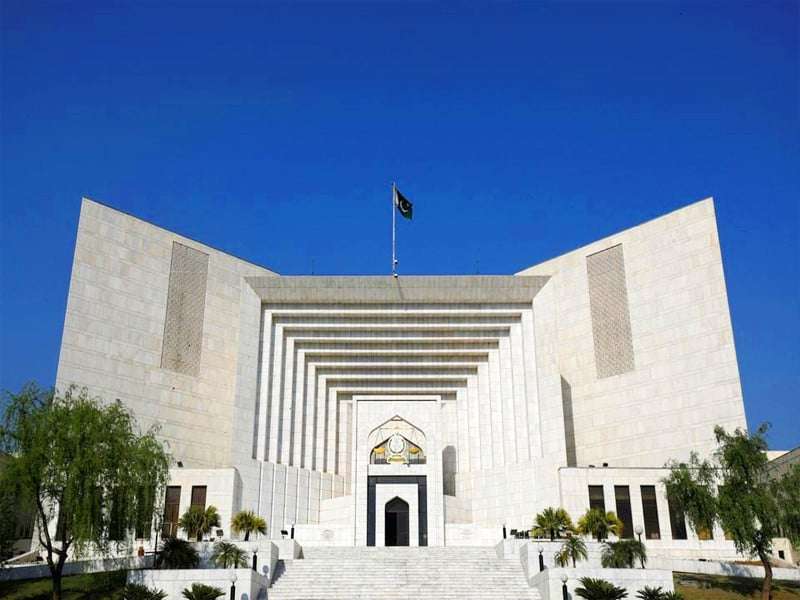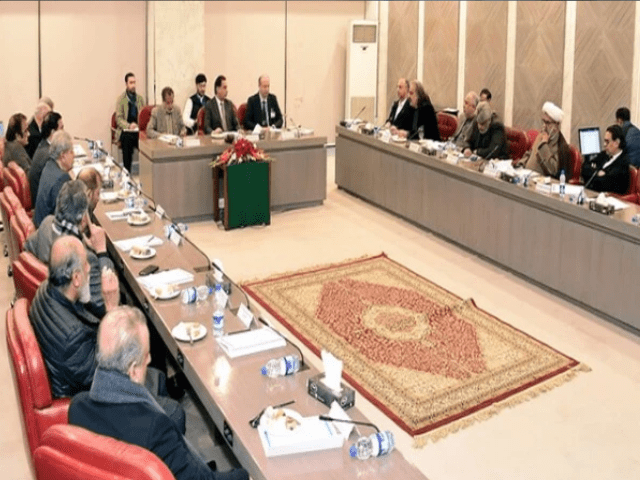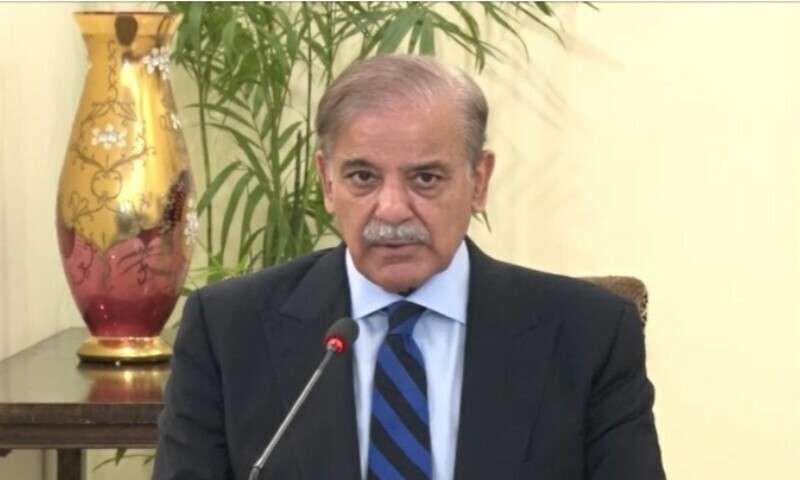Introduction
The Supreme Court of Pakistan has raised critical questions regarding the difference between the 2014 Army Public School (APS) attack and the protests of May 9, 2023. A constitutional bench, led by Justice Ameenuddin Khan, is currently hearing appeals against the trial of civilians in military courts. The legal debate centers on whether civilians should be subjected to military court proceedings and whether such trials ensure fairness and justice.
Supreme Court Bench Examines Military Court Trials
Key Arguments Against Military Trials
During the proceedings, Khawaja Ahmad Hussain, representing Justice (R) Jawad S. Khawaja, argued that civilians should not fall under the jurisdiction of the Pakistan Army Act. According to him, this law is designed for military personnel and certain civilian employees of the armed forces.
Justice Hassan Azhar Rizvi raised an essential question:
“Does the Army Act apply to attacks on airbases?”
Justice Musarrat Hilali added to the discussion by distinguishing between the APS attack and the May 9 protests:
“The APS attack was an act of terrorism, whereas May 9 was a protest. What differentiates the civilians involved?”
Khawaja Hussain clarified that following the APS attack, the 21st Constitutional Amendment was introduced to allow military trials for terrorism-related cases. He asserted:
“May 9 protesters should be prosecuted, but not in military courts.”
Justice Ameenuddin Khan acknowledged that the judiciary holds the authority to review any legislation contradicting constitutional principles.
Can a Military Court Ensure a Fair Trial?
One of the major concerns raised during the hearing was whether military trials guarantee impartiality. The lawyer referred to a statement issued by the Inter-Services Public Relations (ISPR) on May 15 regarding the May 9 incidents. He argued:
“The statement asserts that there is irrefutable evidence of the May 9 events. How can a military trial be fair after such a declaration? If the military is a party in the case, how can it ensure justice?”
Justice Musarrat Hilali commented that these concerns go beyond legal arguments and delve into the merits of the case. However, Justice Ameenuddin Khan urged the lawyer to focus strictly on the legal framework governing military trials.
Khawaja Hussain maintained that:
“A victim cannot conduct an impartial trial.”
This statement suggests that military courts, being part of the institution affected by the May 9 events, cannot fairly prosecute individuals accused in these incidents.
Where Should Foreign Spies Be Tried?
A key question posed during the hearing was about the jurisdiction of military courts concerning foreign spies. Justice Hassan Azhar Rizvi asked:
“If a foreign spy is captured in the future, where should their trial be conducted?”
Hussain responded that such cases should be handled by anti-terrorism courts rather than military courts. However, Justice Rizvi questioned the practicality of this argument with a rhetorical remark:
“Oh really?”
The discussion also touched upon past espionage cases, such as that of Indian spy Kulbhushan Jadhav. The court examined how invalidating Section 2(1)(d)(ii) of the Army Act might impact future espionage trials.
Justice Ameenuddin Khan pointed out an inconsistency in the petitioners’ arguments:
“It is strange to declare a law null and void while also saying that special remedies should still be available.”
Concerns Over Military Court Procedures
Khawaja Hussain also raised concerns regarding Field General Court Martial (FGCM) procedures. He argued that individuals tried in military courts do not have the right to choose their legal representation. Instead, legal counsel is appointed only with the approval of the Army Chief.
Justice Hilali asked if the lawyer was presenting arguments on behalf of the accused individuals who were not present in court.
Additionally, Justice Mandokhail referenced past rulings, including the FB Ali case, which upheld crucial provisions of the Army Act. He noted that the 21st Constitutional Amendment had been upheld by a 17-member full bench.
Key Judicial Remarks
- Justice Hilali: “All the children killed in the APS attack were civilians.”
- Justice Ameenuddin Khan: “The court has the authority to review any unconstitutional legislation.”
- Justice Rizvi: “If the Army Act is struck down, how will espionage cases be handled in the future?”
Future Implications of the Supreme Court’s Decision
The ongoing hearings will have far-reaching consequences for Pakistan’s legal framework. The Supreme Court’s ruling will determine whether civilians involved in protests can be subjected to military trials and how future cases of espionage and national security threats will be prosecuted.
Potential Outcomes of the Case
- Reaffirmation of Military Court Authority: The Supreme Court may uphold the Army Act’s provisions, maintaining the military’s jurisdiction over national security cases.
- Restricting Military Trials to Specific Cases: The court might limit military trials to cases involving terrorism and espionage, excluding protest-related incidents.
- Complete Overhaul of the System: The court may rule against military courts trying civilians altogether, requiring legislative reforms to address national security cases through civilian courts.
Conclusion
The Supreme Court’s constitutional bench is tackling a highly significant case that questions the role of military courts in civilian trials. The distinction between terrorism and protests, the impartiality of military tribunals, and the legal framework governing espionage cases are at the heart of this debate.
As the hearing continues, the ruling will shape Pakistan’s judicial and military landscape, setting a precedent for future cases. The court has adjourned the hearing until Monday, February 3, when further arguments will be presented.
FAQs
1. What is the main issue in the Supreme Court case?
The Supreme Court is reviewing whether civilians involved in the May 9 protests should be tried in military courts and whether such trials are fair and constitutional.
2. Why is the APS attack being compared to the May 9 protests?
The APS attack led to the 21st Constitutional Amendment, allowing military trials for terrorism. The court is questioning whether the May 9 protests are comparable to terrorism.
3. What concerns were raised about military court trials?
Lawyers argued that military trials lack fairness, as the military itself is an affected party in the case. They also highlighted restrictions on choosing legal representation in such trials.
4. How does this case impact future espionage trials?
If the Supreme Court invalidates Section 2(1)(d)(ii) of the Army Act, it may affect how future foreign spies, such as Kulbhushan Jadhav, are prosecuted.
5. What are the possible outcomes of the Supreme Court’s decision?
The court may uphold military court trials, limit their scope, or completely restrict them from trying civilians. This decision will impact national security cases in the future.



